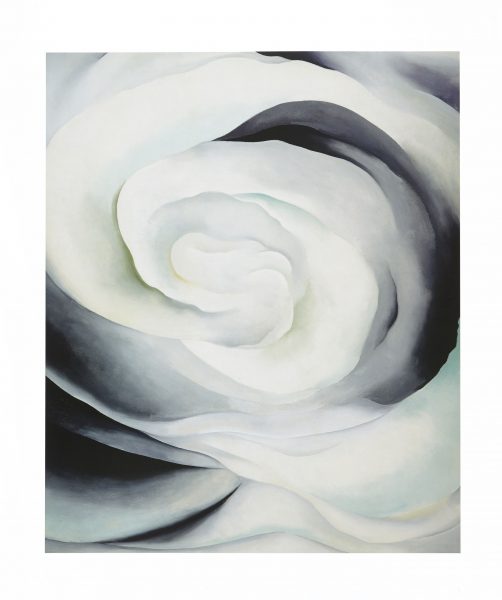
Once upon a time, before there was every form of immediate gratification available to us in the entertainment realm, we used to have to bring much more to the table in order to make something interesting. My kids have approximately eight gazillion computer games available at the click of a button; I played with wooden blocks. They can log onto devices at home, school, and the library and be instantly connected to a world of information and other minds; I had a pen pal I wrote to by hand. And when my blocks got boring and my pen pal stopped writing and I was tired of making up new games or tormenting my little brother or sneaking into my sisters’ closets, I laid down on the floor and stared up at the ceiling, so irritable with boredom I thought I’d spontaneously combust.
My kids are definitely happier than I was. There’s no denying the sweet satisfaction of having so many lovely, shiny objects to dangle in front of the mind. And many of the things that entertain them educate them as well – they’re just as likely to play math games as Plants vs. Zombies, they know how to code, and they’re incredibly facile when it comes to processing new information. And in all honesty, I do think they’re better off than I was, at least in part. Also, I couldn’t be less interested in enforcing the “us vs. them” dichotomy that we are usually so eager to place between generations.
But there’s a wonderful quality to the “wait for it” versions of entertainment that I was forced to notice and appreciate during my childhood – and that the billions of humans that came before me perfected and built upon. There’s still no greater artistic gift, in my mind, than a book that doesn’t hand feed you, that challenges you, that has the muscle to stand up to many interpretations – that asks you to bring something to the table. Same with theater, and music, and art, and film, and dance. Because artistic creations do not have to be something we receive only; they can be a two-way street, and might even be at their best when they are. There is really no replacement or substitute, no matter how bright or shiny it might be, for the spark of connection and recognition that can take place when an artist offers work that their audience must open their hands to receive.
So the next time you’re near a kid who might be halfway willing to be unplugged, drag them to the theater. Take them camping and read to them from a novel that would be diminished if it were made into a movie. Give them the space to walk through their own minds on their own steam. They’re hungry for it. Maybe even hungrier than we realize.
Art: Georgia O’Keefe, Abstraction, White Rose, 1927
Hear hear!!!